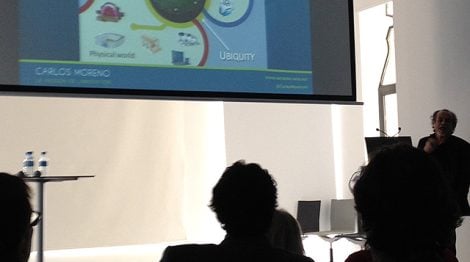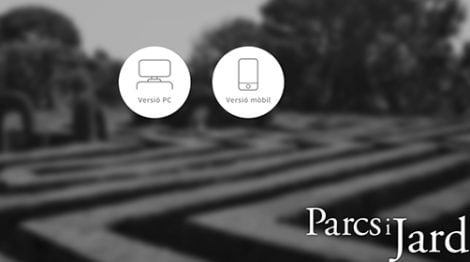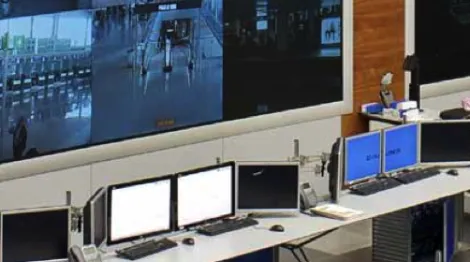Financial Instruments for Urban Innovation in Asia, Africa, and Latin America.
In a context of crisis like the present one, cities and regions have serious difficulties in betting on innovation and modernizing their services. The transformation of urban areas by means of ...

In a context of crisis like the present one, cities and regions have serious difficulties in betting on innovation and modernizing their services. The transformation of urban areas by means of Information and Communication Technologies (ICT) is a challenge that requires new financial instruments, and some of them have been discussed in this session.
Amy Leung, Deputy Director General, East Asia Department – Asian Development Bank
The growth of the Asian continent has been very rapid in recent years, especially in the deployment of urban infrastructures. The Asian Development Bank aims to promote initiatives in cities in such a way that they are attractive to the private sector, and also to attract new investments. The goal is to transform current cities into green, sustainable, and more competitive cities.
The Asian Development Bank has three financing mechanisms; however, the city not only needs more budget, it needs something more that provides knowledge and support to make investments profitable.
The credits for cities are oriented to basic urban infrastructures, but credit alone is not enough. The Inter-American Development Bank has promoted numerous initiatives, such as collaboration with the German Government for the planning of cities in the medium and long term. Another example could be the Urban Climate Change Initiative, a collaboration with the Rockefeller Foundation and the British government to promote new initiatives that make public investments more attractive and profitable. An example of this initiative would be the one deployed in the Punjab region of Pakistan, focused on investment to make cities more resilient, an investment from the field of planning to its implementation in the short term (5 years).
The other mechanism of the Asian Development Bank has to do with private sector operations. Collaboration with private initiative together with local governments streamlines investments, making them tangible and realistic.
The third mechanism is “financing ++”. Where “levers” are provided to both the public and private sectors to enable the Bank’s lending capacity with clients. Loans of up to $8.7 billion have been made. The initiative is a mix of loans and technical assistance and knowledge, to facilitate the work for the drafting of projects and enable policies.
Gaetan Siew, Chairman – State Land Development Company, Port Louis – Mauritius
Investments in the field of urban infrastructures is a global market; however, the African case has a very interesting potential. In the African continent, these investments have been largely forgotten by governments and investors, a situation that has been accentuated, among other reasons, by the rapid migration from rural to urban areas.
3 issues to optimize financing in this type of infrastructure in Africa:
- Cities must bet on intelligent growth and new economic possibilities: international market, diversity, competitiveness, consistent vision of the future,…
- Cities must do more with less. The profitability of investments is very important: intelligent, efficient decisions, collaborations with the private sector, and good governance. The responsibility of public management is key, it is important to structure and prioritize investments according to the problems of each urban area.
- Cities must facilitate change by relying on the body of public sector officials and citizens.
After all, cities are the engines of change on a global scale, they are the generators of the highest energy expenditure but also where more GDP is generated, this is the objective of the future: to be more efficient in cities.
Ellis J. Juan, Emerging and Sustainable Cities Initiative General Coordinator – Inter-American Development Bank, Washington D.C – USA
The Inter-American Development Bank is carrying out work initiatives directly with emerging cities, being aware that to fight against inequalities and poverty it is necessary to facilitate decent work and conditions. It is the only guarantee of the future.
This initiative is transversal and multisectoral. The projects start with a sustainable action plan for the city in such a way that the degree of achievement of objectives can be evaluated. In 2013, the focus was not only on basic investment issues but also on facilitating the urban transformation towards smart cities by means of ICT. Currently, this initiative is working with 55 medium-sized cities, and is working with local banks to facilitate investments.
The Inter-American Development Bank faces the following challenges:
- Public services: it is necessary to improve the fiscal management of governments to be more efficient and access new financing.
- National and local policies. At the national level the issue is resolved, but it is necessary to “land” national policies to the scope of cities, the local level is the solution to global challenges.







